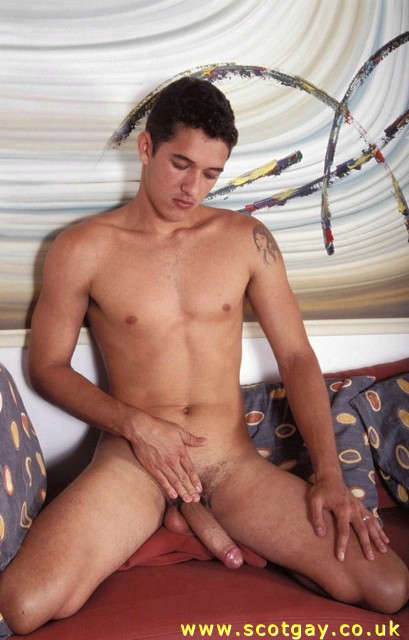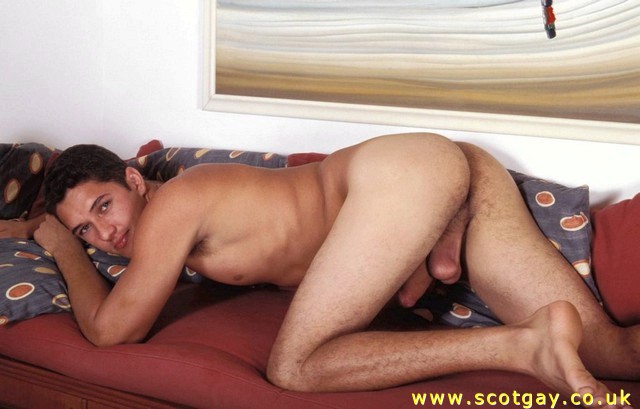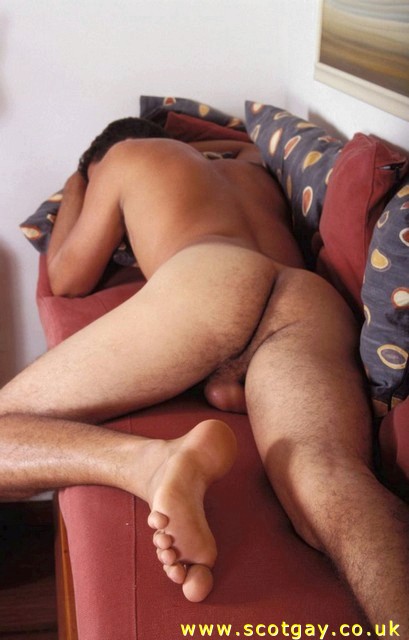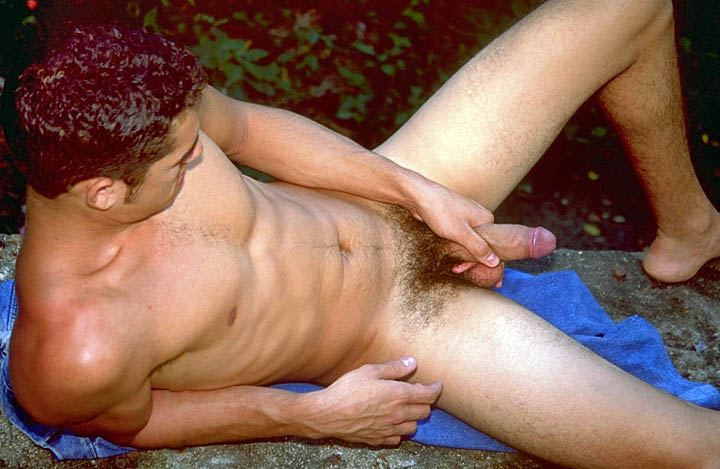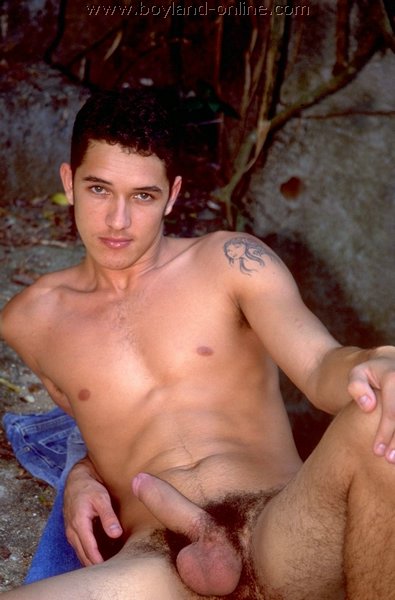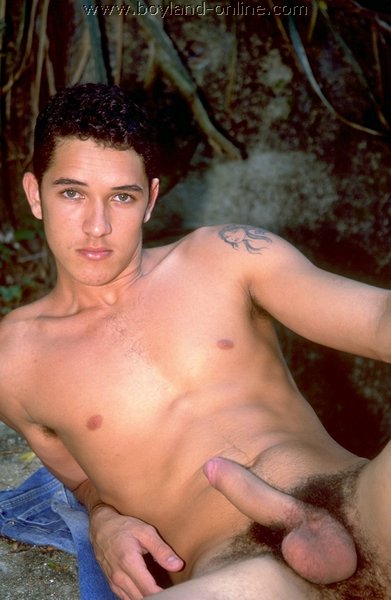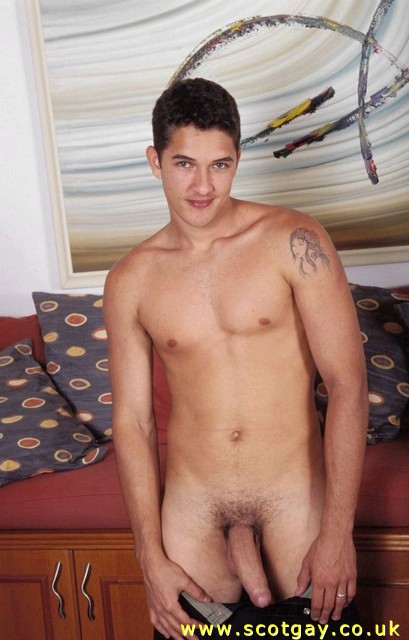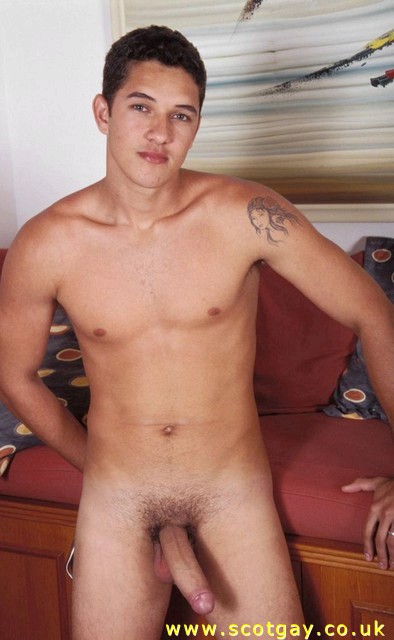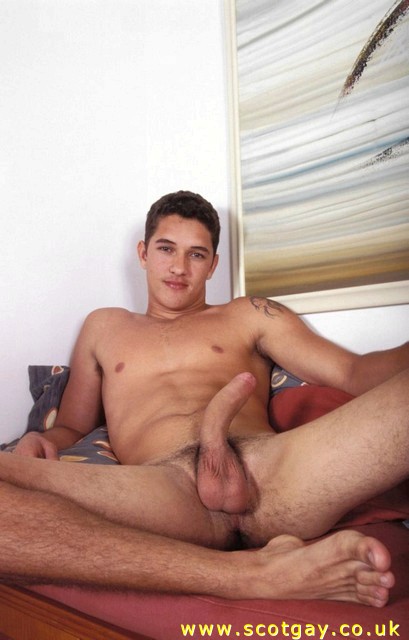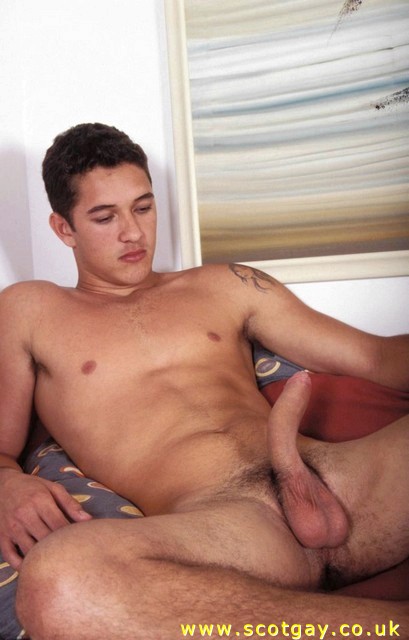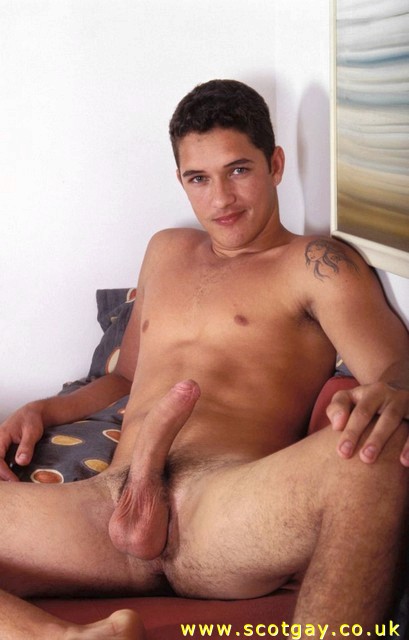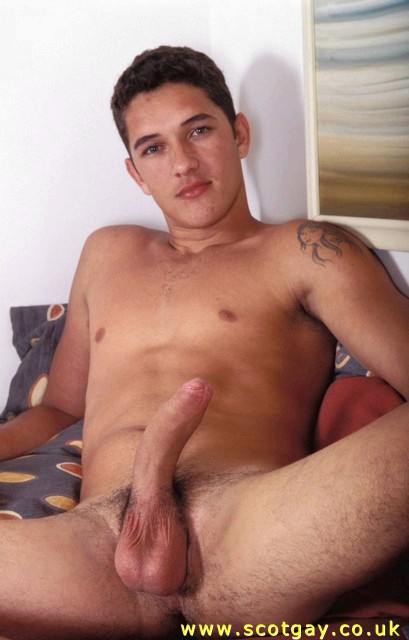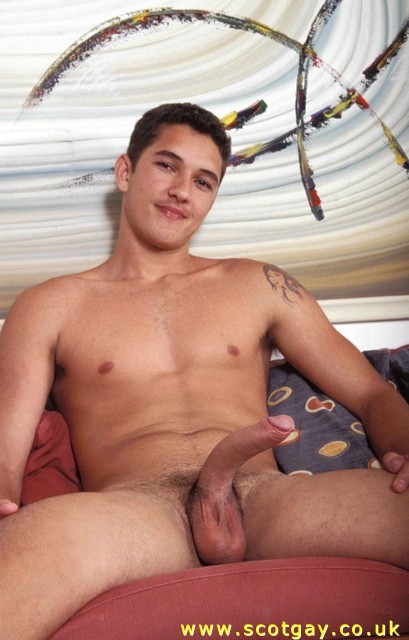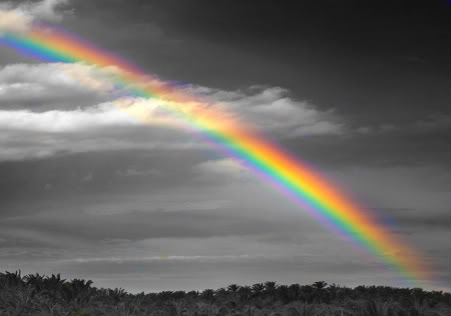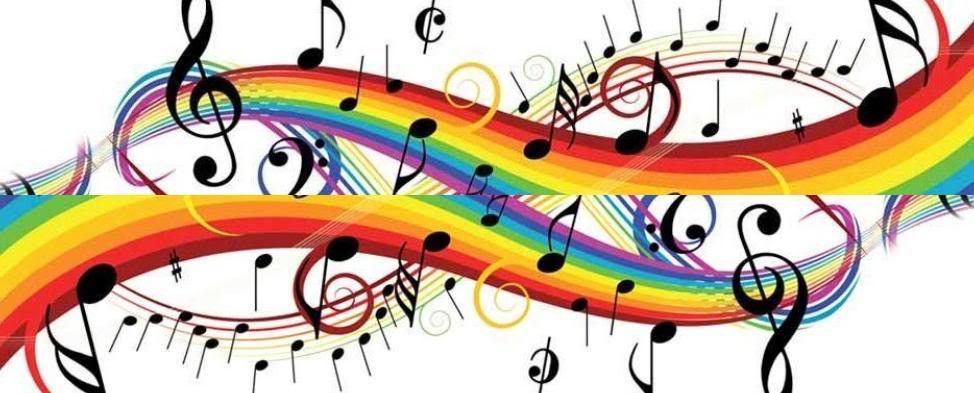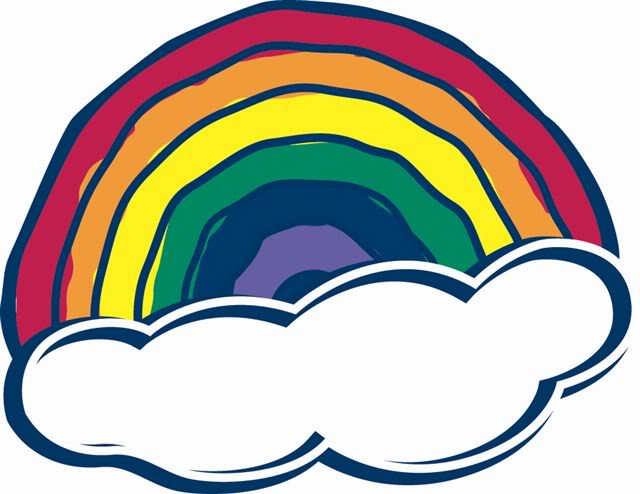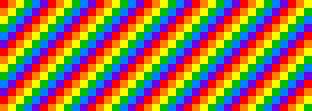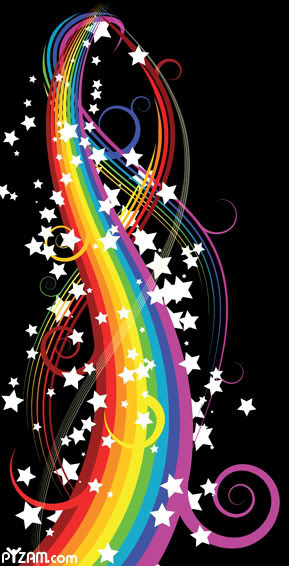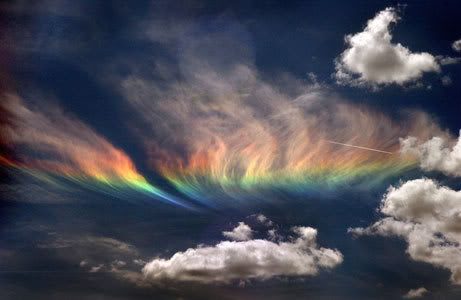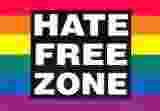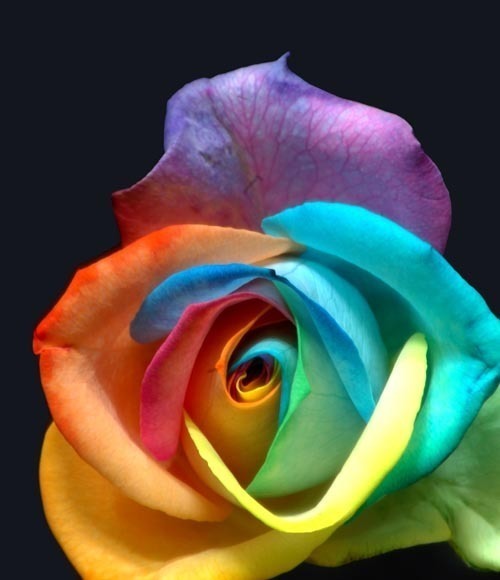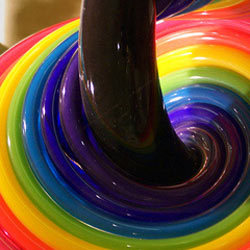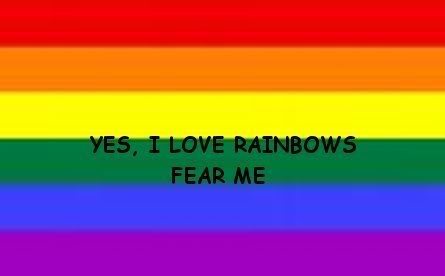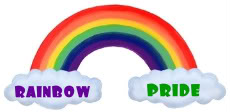
Donal Og Cusack ~ age 32
Donal Og Cusack, 32, is a solid gold star in the macho world of Irish hurling. Cork's goalkeeper
for more than a decade, this son of a crane driver from the small town of Cloyne has rewritten the
way the game is played, to the fury of many traditionalists.
But this week the headlines had nothing to do with his prowess with the hurley. From the Irish
Times to Twitter, the media were throbbing with the revelation that he had come out as gay - the
first elite sportsperson in Ireland to do so.
The news broke in the Irish Mail on Sunday. "This is who I am," he told the paper. "Whatever
you feel about me or who I am, I've always been at peace with it." He tells the full story in his
memoirs, entitled Come What May, and published tomorrow.
"Since I was 13 or 14," he writes, "I knew I was a bit different. I hate labels though. That's the
way I am. I live with it and I am fine with it. People close to me will tell you there were never
any tears. There was never agony. I just know this thing."
The reaction to the news was overwhelmingly positive. The Irish Independent reported that the
goalkeeper had been "overwhelmed with messages of support" from team-mates, Cork supporters
and hurling fans generally. But there were fears, in a country where homosexuality is often
identified with paedophilia and where the Catholic church condemns it as evil, that plenty of
people were quietly hostile.
The Gaelic Athletics Association (GAA), the game's ruling body, was said to be concerned
"about the possible reaction of a minority of fans". "The hostility towards him is usually more
slyly expressed than the goodwill," wrote Cusack's co-author, Tom Humphries, in the Irish
Times. The presenter of a radio programme on which the issue was discussed reported getting a
lot of anti-homosexual texts.
Although Cusack was widely praised for his courage, it was not exactly a free decision. Like the
similar revelation by Boyzone star Stephen Gately, who died this month in Majorca, it was fear
of being trashed in the tabloids that dictated his pre-emptive strike.
In 2006 gossip about his sexuality forced Cusack to drop out of a team tour of South Africa and
fly home to tell his family, fearing that the story was about to break in the media. That was when
he had to break the news to his father. It was clearly a difficult conversation. "Now my father is a
man who would fight for his family," Cusack writes in his memoirs, "but he's 63 years of age.
He's a crane driver. Building sites can be cruel, hard places, he didn't need this. There was
confusion in every line of his face."
Bigoted fans have brought their prejudices to the games. At a match against rivals Tipperary in
the summer, one of them began bawling homophobic abuse down a megaphone and kept it up for
the rest of the game. It was not an isolated incident. "My mother doesn't go to games any more,"
Cusack revealed this week. "The stress is too much. My sister Treasa has been deeply upset a few
times by what she has heard. I hate what it does to those around me, especially when it doesn't
hurt me at all."
Cusack's revelation came during the week that Ireland passed another milestone: the first national
conference of gay, lesbian and bisexual primary school teachers was held in Dublin. Opening the
event, the novelist Colm Toibin said: "Any historian writing about the slow and often gnarled
progress of liberty in Ireland will see today as a central moment in the assertion of personal
freedom in our country."
But as Fintan O'Toole commented in the Irish Times: "There are still tens of thousands of gay
men and lesbians who are in hiding from violence, contempt and ignorance. That is not their
shame - it is ours."
